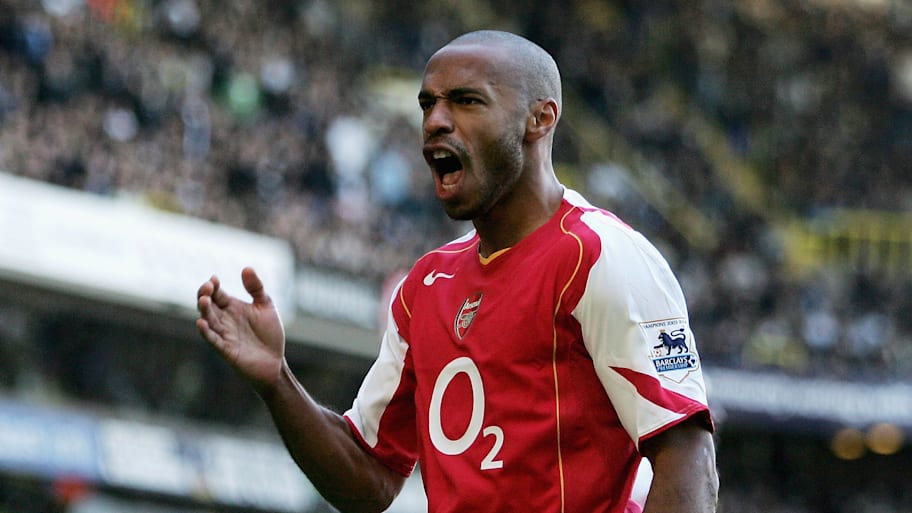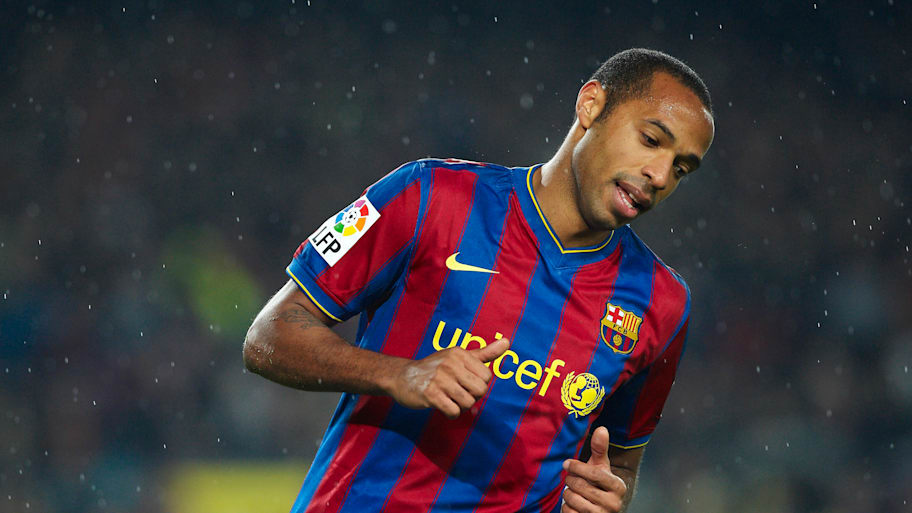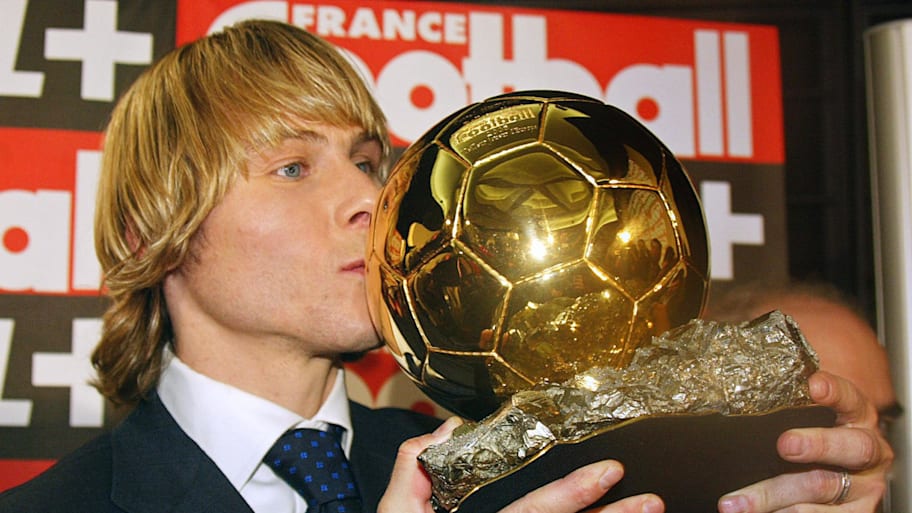
In the pantheon of Premier League greats, one man stands apart—Thierry Henry.
Alan Shearer may have scored the most goals, Cristiano Ronaldo may have delivered the most explosive single season, and Eden Hazard may have been the league’s purest natural talent. But nobody quite lit up English football the way the Arsenal striker did.
Quick as lightning, elegant in motion, and ruthless in front of goal, he combined artistry with efficiency like few others ever have. For nearly a decade in north London, he defined the Premier League—226 goals, countless defenders left chasing shadows, and two titles, crowned by the immortal 2003/04 “Invincibles” season, with Henry at its core.
And he didn’t stop there. At Barcelona, surrounded by a galaxy of stars, Henry reinvented himself out wide and thrived. The reward was history: the sextuple of 2008/09—La Liga, Copa del Rey, Champions League, Spanish Super Cup, UEFA Super Cup and FIFA Club World Cup—all in one record-smashing year.
Add to that a World Cup and a European Championship with France (though both arrived before he truly hit his peak) and you’d imagine that with such a glittering career Henry might have, at some point, lifted the Ballon d’Or: the game’s most prestigious individual prize, awarded each year to the best player in the world.
But did he ever? Let’s take a look.
Did Thierry Henry Ever Win the Ballon d'Or?

No, incredibly, Thierry Henry never won the Ballon d’Or.
Despite his success in England, Spain, and with France, and despite a legacy that many regard as the greatest the Premier League has ever seen, the award always eluded him.
Thierry Henry’s Best Ballon d'Or Finishes

Though Henry never actually lifted the Ballon d’Or, he was a constant presence among the top contenders during his peak years, mixing it with the game’s greatest—Ronaldinho, Ronaldo Nazário, and Zinedine Zidane among them.
The closest he came was in 2003, when he was controversially beaten to the award by Juventus star Pavel Nedvěd. That season, Henry produced 32 goals and 28 assists—numbers that still look outrageous today. Nedvěd, by comparison, recorded 14 goals and 17 assists, though he did inspire Juve to the Serie A title and a Champions League final.
Many felt Henry was robbed—both at the time and in hindsight. Even Nedvěd himself admitted surprise at the outcome.
“I did not even dream of winning such an award. I heard about the nominees and being among them, but I did not believe in my chances too much," said the Czech winger at the time. “For me, Thierry Henry is the best forward in the world now. If I had voted I would have voted for Thierry and the other players on the podium.”
Henry came close again in 2006, finishing third behind Fabio Cannavaro and Gianluigi Buffon, who had just helped Italy lift the World Cup that summer. He had also placed fourth twice—first in 2000, after helping France win the European Championship, and again in 2004, following another outstanding campaign with Arsenal.
Why Didn’t Thierry Henry Win the Ballon d'Or?

There are a number of reasons Henry never managed to get his hands on the Ballon d’Or.
First, competition. In the years he came closest, he was going head-to-head with some of the world’s absolute best. In 2006, when he finished third, there was little denying the achievements of Cannavaro, who had captained Italy to World Cup glory and Juventus to the Scudetto (though that title was later revoked in light of the calciopoli scandal.)
Second, the award is voted on by journalists, which inevitably introduces bias. The outcome is always subjective, not purely objective—a fact Henry himself acknowledges.
“You can’t debate opinions. When journalists are involved and have a vote, they vote for whoever they want,” Henry said, reflecting on missing out on the 2003 prize nearly two decades later. “However you want to look at it, they vote for whoever they want. When you look at the vote in the history of the award, not only my year, you look at the top three and think ‘Really?’”
He’s right—and not just about 2003.
When Henry finished fourth in 2000, the prize went to Luis Figo, but second-placed Zidane arguably had the stronger claim. In 2004, Henry finished fourth again while Andriy Shevchenko won—despite scoring 10 fewer goals across all competitions, Henry helping Arsenal go unbeaten in the Premier League, and second-placed Deco arguably being the deserved winner.
Even more recently, debates over Robert Lewandowski not winning in 2020 or 2021 (the latter canceled due to the COVID-19 pandemic) show how voting inconsistencies can leave deserving players unrewarded.
Ultimately, Henry may have been the victim of stiff competition and imperfect voting practices. But that does nothing to tarnish his legacy—he remains one of the greatest players to ever play the game.
Still, we’re sure he wouldn’t mind having at least one of those gold balls on his mantelpiece to prove it.
READ MORE ON THE RECENT HISTORY OF THE BALLON D’OR
This article was originally published on www.si.com as Thierry Henry and the Ballon d'Or: How Close Did He Come to Winning?.







